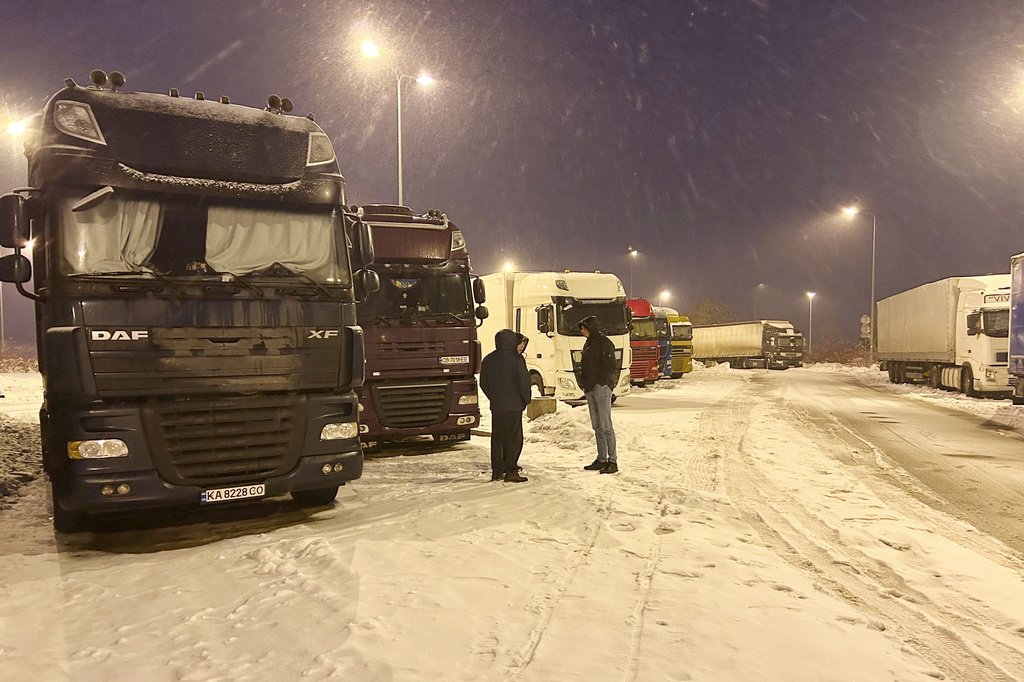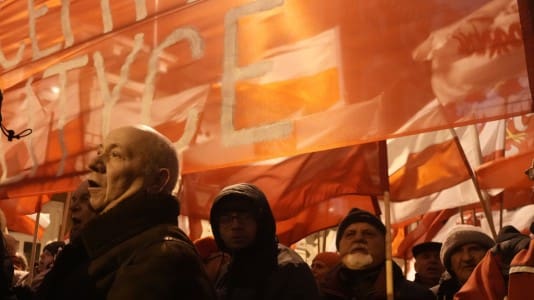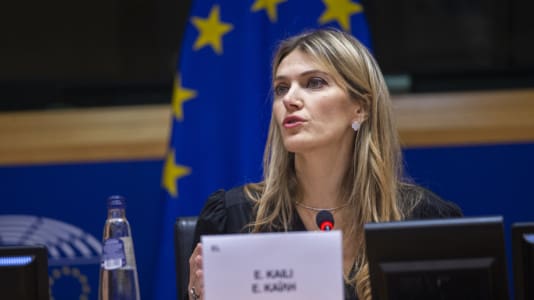Blockades at border crossings with Ukraine in Korczowa, Hrebenne and Dorohusk, in south-eastern Poland, are suspended until March 1 under an agreement signed by representatives of Polish road carriers and the Infrastructure Ministry.
Polish truckers, who started their protest on Nov. 6, had been complaining about unfair competition from their Ukrainian peers and demanding the introduction of commercial permits for Ukrainian companies carrying goods.
They also demanded that operating permits should be suspended in the case of companies that were set up after the outbreak of the war in Ukraine. Polish truckers, however, say they would permit exceptions for those carrying humanitarian aid and military equipment.
“The suspension of the protest does not mean the end of dialogue with the sector,” Dariusz Klimczak, the Polish infrastructure minister, told reporters on Tuesday. “Quite the opposite. We are starting very intensive, constructive talks which are to produce a concrete effect, namely the implementation of the agreement,” Klimczak said.
The official added that they had long pursued reaching a consensus between Polish and Ukrainian businessmen, as well as the European Union. According to Klimczak, the sides agreed that it was necessary to monitor the implementation of the decisions taken by the Polish and Ukrainian sides, including the liquidation of an e-queue at the Malhowice-Nyzhankovychi road border crossing and the strengthening of border checks to find goods which were not covered by an EU-Ukraine agreement.
“I hope that by March 1, 2024, we will be able to implement the agreement which we have signed,” Klimczak said. “My goal is to restore balance on the Polish-Ukrainian international road transport market and secure proper protection to Polish hauliers.”
He also added that representatives of the protesting truckers had been invited to join a team set up to solve the conflict.
Polish road carriers, who attended the press conference, said that the protest would be resumed if “the results of work of the special team are unsatisfactory.”






